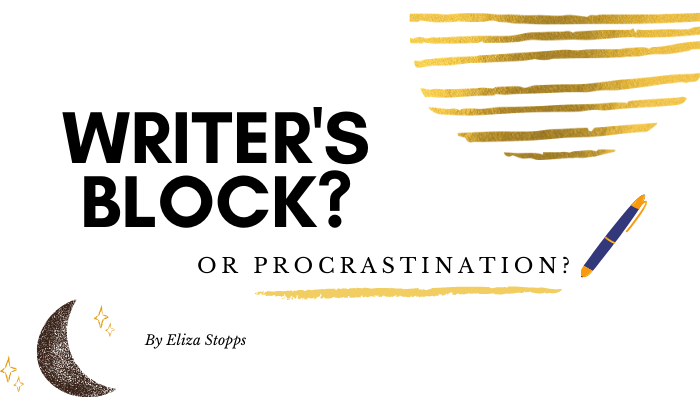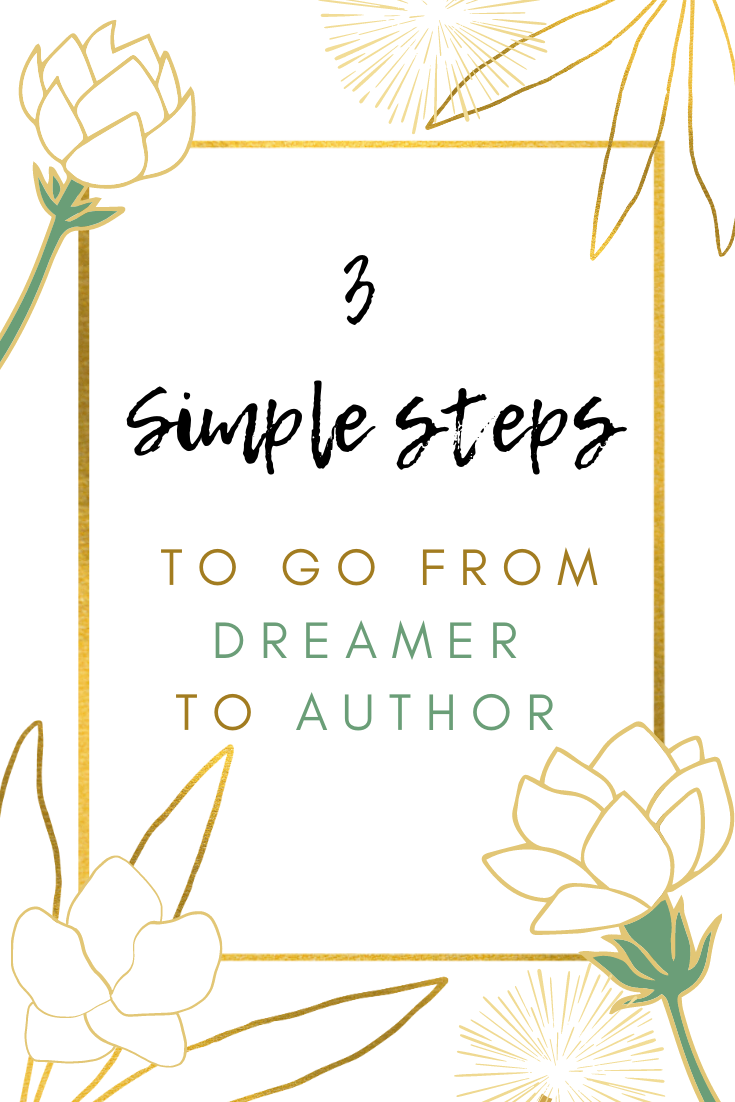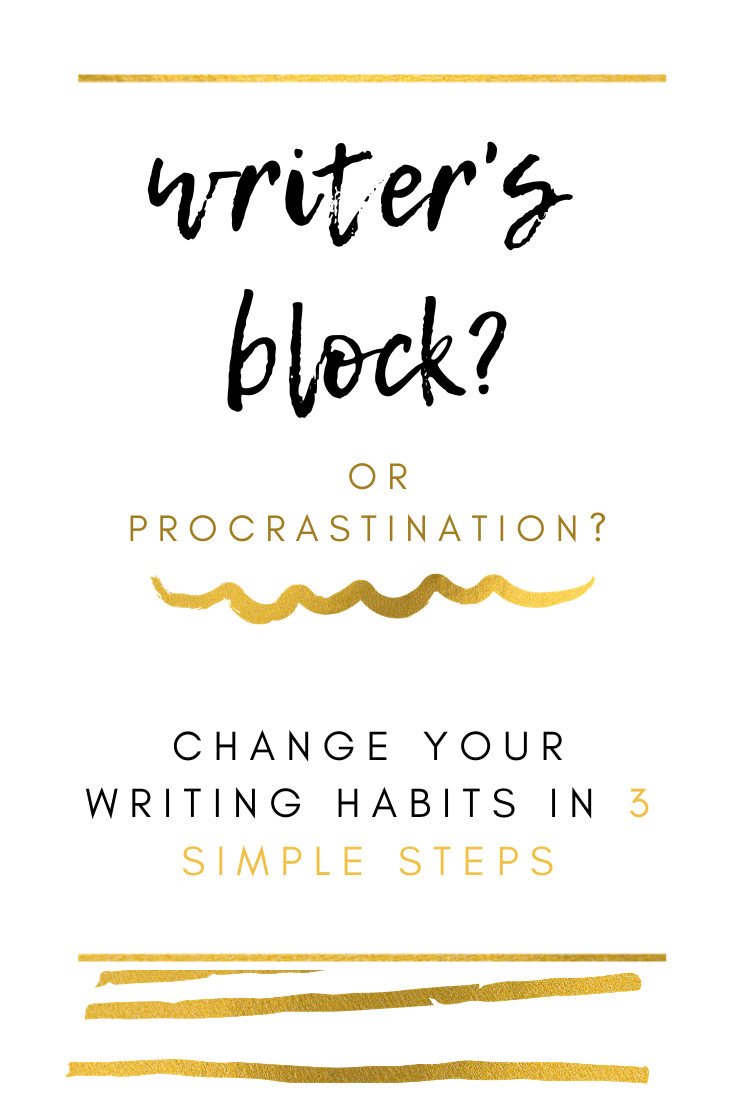The Secret to Writer’s Block: Misfit Inspiration - Post Five
Writer’s block can be frustrating and exhausting. It can be a challenge to write when you’re struggling to get the words out.
But sometimes, writer’s block could be more accurately described as procrastination and avoidance. If you catch yourself constantly checking social media or constantly finding excuses to catch up on your favorite reality show when you’re *supposed* to be writing, this post is for you.
I used to be a chronic procrastinator, but these three steps turned me into a productive writer. You can turn it around too, with practice and patience with yourself! 2021 can be the year of new writing habits and better resolutions!
Step one: Plan ahead
There’s no step more important than the first one. If you want to write a book, you need to have some sort of plan. Even if you are a planner, you need to have a timeline for how things will go.
From a birds-eye view, you want to have an idea of how long your book is going to be and how many words per day you will realistically write. This can help you set your “due date” (the next step) and it can help you set realistic expectations.
You can also take your plan even further by writing an extensive outline and having a very clear idea of where the story is going in terms of plot. Then, if you get stuck you will at least know what the problem is. If you’re writing blindly, you won’t even know what the problem is that you need to fix!
Step two: Set a deadline
Once you have a good idea of how long your book is intended to be and you know how many words you write per day, you can figure out how long it will take.
I like to build in a little flexibility because I’m not the world’s most consistent writer. I don’t write every day and some days I’ll write in two or three sessions. I know that some days I will write 2,500 words and on other days I’ll write 1,000. I like to set my goal somewhere in the middle.
If I want to write 100,000 words and I plan to write 1,500 words a day, I know I have about 67 days of writing ahead of me. If you plan to not write on weekends, you will have to factor that in. I always write on weekends because I use them as catch up days for the days that I skip.
Once you know how many days you plan to write, literally get out a calendar on your phone or your desk and write down your deadline. In pen.
Step three: Treat it like a job
Writing is wonderful because you get to choose your own hours and you are your own boss. But the most successful writers treat it like a job. They show up every day and they don’t leave work every 15 minutes to check their Twitter feed.
When I first started writing, I thought writer’s block just came with the territory. So, I’d get stuck and I’d get frustrated and I’d spin myself in circles thinking I wouldn’t be able to get through a scene.
But here’s the thing, if you were at work and you hit a roadblock, you wouldn’t get frustrated and decide it’s impossible. You could move on to a different problem (or scene.) You could ask advice from other writers. How would they remedy the issue? Maybe you can check back to this blog about writer’s block for more creative ideas for getting through the roadblock.
And if something isn’t working, you don’t just shove it in a desk drawer and say you’re done writing. If you’re stuck on an issue for too long, then you need to back up and change the plot.
I hope this is helpful, even though it’s kind of a tough love approach. This change in mindset turned me from a procrastinator who had never finished a book to a writer that has finished twelve manuscripts to date. Let’s make 2021 the year you finally finish that book!
You can find me on my blog, elizastopps.com for articles about writing, publishing, and marketing. I’m the author of four science fiction books in The Leslie Kim Serials.
Follow me on Twitter, Pinterest, and Goodreads!
https://twitter.com/ElizaStopps
https://www.pinterest.com/elizastopps
https://www.goodreads.com/author/show/17087997.Eliza_Stopps
I hope that these ideas help you to break through!
Found a great source of inspiration that worked for you? Let me know!
Still getting writer’s block? Tell me how I can help!


